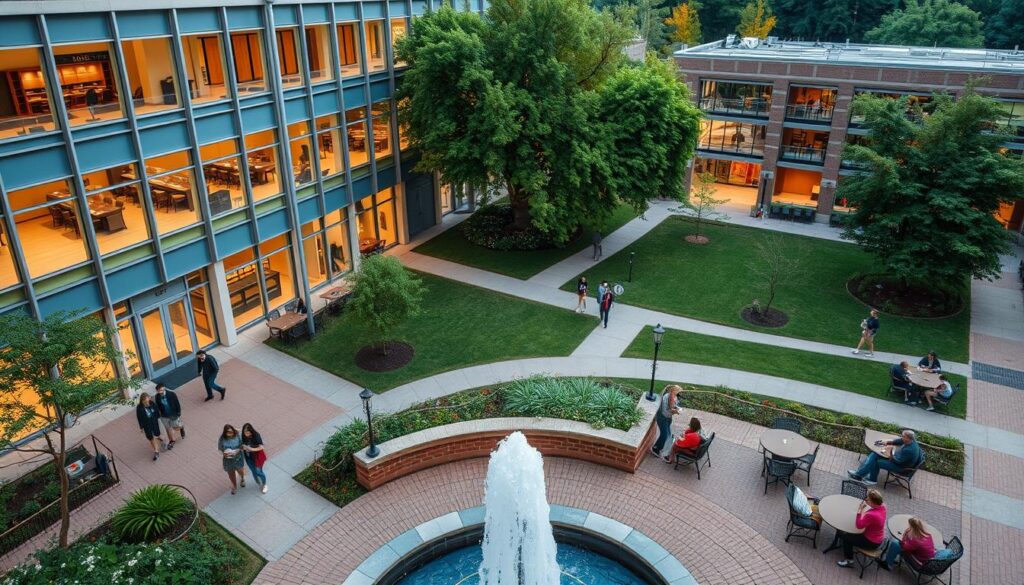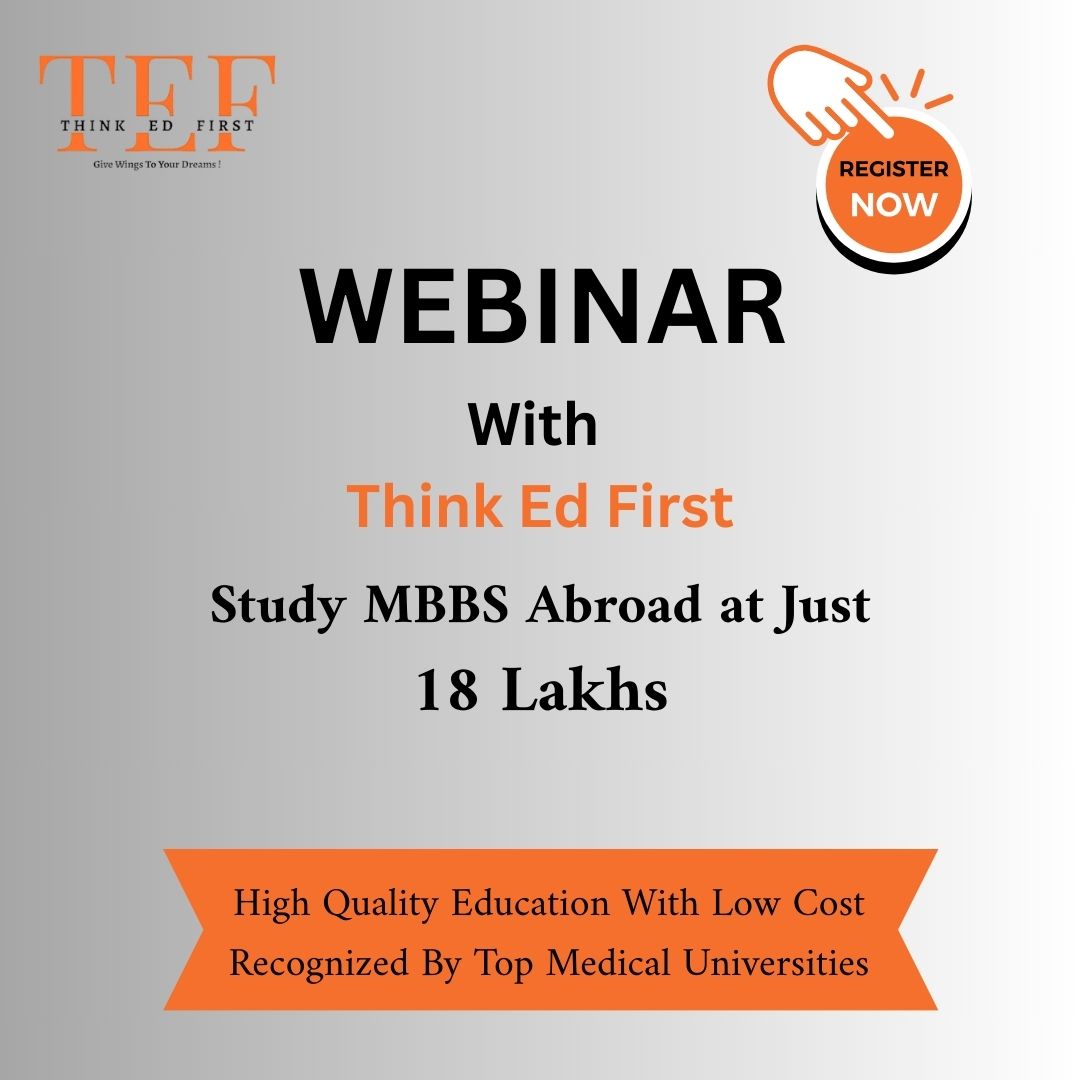Moving to a new country for education can be both exciting and challenging. One of the most crucial factors in making this journey smoother is the presence of strong support networks. These networks help individuals adapt to a new academic system, culture, and lifestyle.
Universities play a significant role in fostering these connections. They offer programs and resources designed to help newcomers feel at home. From language courses to cultural activities, these initiatives ensure a well-rounded experience.
Communities also provide a sense of belonging. They create spaces where individuals can share their challenges and celebrate their successes. Whether it’s through peer groups or cultural events, these networks are invaluable.
In this article, we’ll explore how support networks enhance the educational journey. We’ll also discuss practical ways to build and maintain these connections. Let’s dive into the world of academic and cultural adaptation.
Overview of Studying in Russia
Choosing the right destination for studies can shape your academic and professional future. Russia has emerged as a popular choice for those seeking quality education at an affordable cost. Its universities are globally recognized for their high standards and diverse programs.
Academic Excellence and Affordable Education
Russian universities are known for their world-class education. They offer a wide range of programs, including the popular six-year MBBS course. This program is streamlined, eliminating pre-med entrance requirements and focusing on practical training from the third year.
One of the biggest advantages is affordability. Tuition fees in Russia are significantly lower compared to countries like the USA or UK. For example, the average annual fee for MBBS ranges between $3,000 and $6,000. Scholarships further reduce the financial burden, making it accessible to many.
| Country | Tuition Fees (Annual) |
|---|---|
| Russia | $3,000 – $6,000 |
| USA | $30,000 – $60,000 |
| UK | $25,000 – $50,000 |
| India (Private Colleges) | $10,000 – $20,000 |
Adapting to a New Academic Environment
While the academic system in Russia is highly regarded, adapting to it can be challenging. Language barriers are a common issue, as most programs are taught in Russian. However, many universities offer preparatory language courses to ease this transition.
The admission process is straightforward but requires careful planning. Students must meet specific academic criteria and qualify for exams like NEET. Scholarships are available, and the application window typically runs from April to August.
For those considering MBBS in Russia, the experience is both enriching and rewarding. The combination of quality education, affordable costs, and international exposure makes it a top choice for aspiring professionals.
Discovering Indian Student Communities in Russia
Building connections in a foreign land can transform your educational journey. For those studying abroad, finding the right support network is essential. These groups help bridge cultural gaps and provide academic assistance.
Finding the Right Community Groups
Locating the right groups starts with research. Many universities have dedicated student associations that organize events and activities. These groups often focus on cultural exchange and academic support.
Social media platforms like Facebook and WhatsApp are also valuable resources. They host groups where members share tips, organize meet-ups, and discuss challenges. Joining these platforms can help you stay connected and informed.
Connecting Online and Offline
Online platforms offer convenience and accessibility. They allow you to connect with peers from different cities and share experiences. Offline meet-ups, on the other hand, provide a deeper sense of belonging.
Events like cultural festivals and academic workshops are common. They offer opportunities to network and learn more about the local culture. Combining online and offline engagement ensures a well-rounded experience.
| Method | Benefits |
|---|---|
| Online Platforms | Convenient, accessible, and wide reach |
| Offline Meet-ups | Personal interaction and cultural immersion |
These communities play a vital role in easing the transition to a new academic environment. They offer resources, support, and a sense of belonging. Whether online or offline, engaging with these groups can enhance your study experience.
Embracing Cultural Adaptation and Overcoming Challenges
Adapting to a new culture while pursuing education abroad is a journey filled with growth and learning. It involves overcoming obstacles, embracing differences, and finding ways to stay connected to one’s roots. Let’s explore how to navigate these challenges effectively.
Dealing with Language Barriers
One of the most common challenges is the language barrier. Many programs are taught in Russian, which can be daunting for newcomers. However, universities often provide preparatory language courses to help students adapt.
Online resources and language exchange programs are also valuable tools. These options allow learners to practice at their own pace and connect with native speakers. Overcoming this barrier opens doors to better academic performance and deeper cultural immersion.
Navigating Cultural Differences
Cultural differences can be both fascinating and challenging. For instance, dietary practices in Russia often differ from those in other countries. While some may find it hard to adjust, exploring local cuisine can be a rewarding experience.
Social norms and teaching methods may also vary. Understanding these differences and being open to new experiences can ease the transition. Universities often organize cultural workshops to help students adapt and thrive.
Maintaining Our Cultural Identity
While embracing a new culture, it’s essential to stay connected to one’s roots. Celebrating traditional festivals and cooking familiar meals can provide comfort and a sense of belonging.
Community gatherings and online groups offer spaces to share experiences and support one another. Balancing cultural adaptation with maintaining identity is key to a fulfilling experience abroad.
For those considering affordable MBBS programs, this journey is both challenging and enriching. With resilience and the right support, cultural adaptation becomes a stepping stone to personal and academic growth.
Utilizing Support Networks and Essential Resources
Support networks and resources play a pivotal role in shaping a successful educational journey. From academic assistance to financial guidance, these tools help students thrive in a new environment. Let’s explore how to make the most of these opportunities.
Leveraging University and Local Resources
Universities offer a wide range of resources to help students adapt. On-campus hostels provide affordable accommodation, while counseling services assist with personal and academic challenges. Academic assistance centers are also available to support learning and improve performance.
Local communities often organize events and workshops to foster cultural exchange. These activities not only help students connect but also provide valuable insights into the local culture. By engaging with these resources, students can ease their transition and focus on their studies.

Exploring Scholarships and Financial Guidance
Managing tuition and living expenses can be challenging. Scholarships are a great way to reduce financial burdens. Many institutions offer merit-based and need-based scholarships to deserving candidates. For example, Perm State Medical University provides various financial aid options to support students.
Financial guidance services are also available to help students plan their budgets. These services offer advice on managing expenses, applying for loans, and finding part-time work opportunities. By leveraging these resources, students can focus on their education without financial stress.
| Scholarship Type | Eligibility | Coverage |
|---|---|---|
| Merit-Based | High academic performance | Partial to full tuition |
| Need-Based | Financial need | Financial aid and stipends |
| Government Scholarships | National and international students | Tuition and living expenses |
These support networks and resources are essential for a smooth educational experience. They provide the tools and guidance needed to overcome challenges and achieve academic success. By utilizing these opportunities, students can make the most of their time abroad.
Conclusion
Embarking on an educational journey abroad opens doors to endless possibilities. Studying in a dynamic environment offers academic excellence, cultural growth, and global recognition of degrees. Support networks play a vital role in ensuring success, providing resources and guidance throughout the process.
Being well-informed about university admission, tuition, and exam requirements is crucial. Programs like medicine and other fields offer unique opportunities for personal and professional development. These experiences shape futures and build resilience.
We encourage readers to embrace these opportunities and make informed decisions. With the right support and resources, the journey becomes a stepping stone to lasting success. Let’s recognize the value of global education and the doors it opens for international students.





